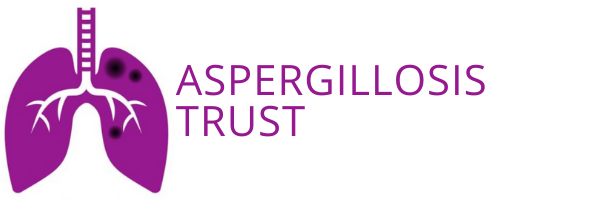Sarah Laverty -Aspergillus Fumigatus disease in Cystic Fibrosis
Hi there, I am Sarah, a third year PhD student at Imperial College London. I am originally from Northern Ireland and moved to Lancaster in 2015 to attend Lancaster University where I attained an undergraduate degree in Biological Sciences and a Master’s degree in Immunology. I moved to London in January 2020 to start my PhD focussing on Aspergillus fumigatus (Af) disease in Cystic Fibrosis (CF) and within two months we were in our first national lockdown! The first two years of this project have been challenging with limited access to the laboratories, equipment and training that I needed. Together, with my supervisory team of three experts in the field, we have overcome the challenges we faced and have worked hard to produce some interesting data that has the possibility to be implemented therapeutically in the future.
The form of Aspergillus disease expressed clinically is dependent on the patient’s immune response to the fungus, adding a layer of complexity to work in this field. My work is looking specifically at a cytokine called interferon (IFN). IFNs are released by cells after recognition of a pathogen, they then signal to surrounding cells which triggers a pathogen-specific immune response. There are three classes of IFN (type I, II and III) and I am focussing on type I and III due to work over the last few years that indicated these IFNs are critical in anti-fungal immunity.
The last year of my studies has consisted of growing bronchial epithelial cells, which are the cells that line the inside of our lungs, and infecting these cells with Af. I can then measure the type I and III IFN expression in these cells. In healthy cells, there is a significant increase of type I and III IFN expression after infection with Af, which indicates IFN is being produced in response to Af and therefore is needed for optimal Af clearance from the lung. Previous research into CF indicates that IFN is downregulated in response to bacterial and viral pathogens and this contributes to susceptibility to infection in the CF lung. This had not been investigated regarding fungal infections, despite Aspergillus being detected in up to 60% of CF lungs globally. To bridge this gap in research and to further my project, I infected bronchial epithelial cells that have the CF mutation with Af and I found there was a downregulation of IFN in these cells compared to Af infected healthy cells. This could start to indicate an immunological reason for why patients with CF are susceptible to Af infection. To further my work I will start to look at the effect of IFN on the immune cells that directly engage with Af, such as neutrophils and macrophages, and assess if treating with additional IFN will improve their immune response against Af. This could be early work to indicate the potential for type I and III IFN to be used as an immunotherapy against Af in CF.
